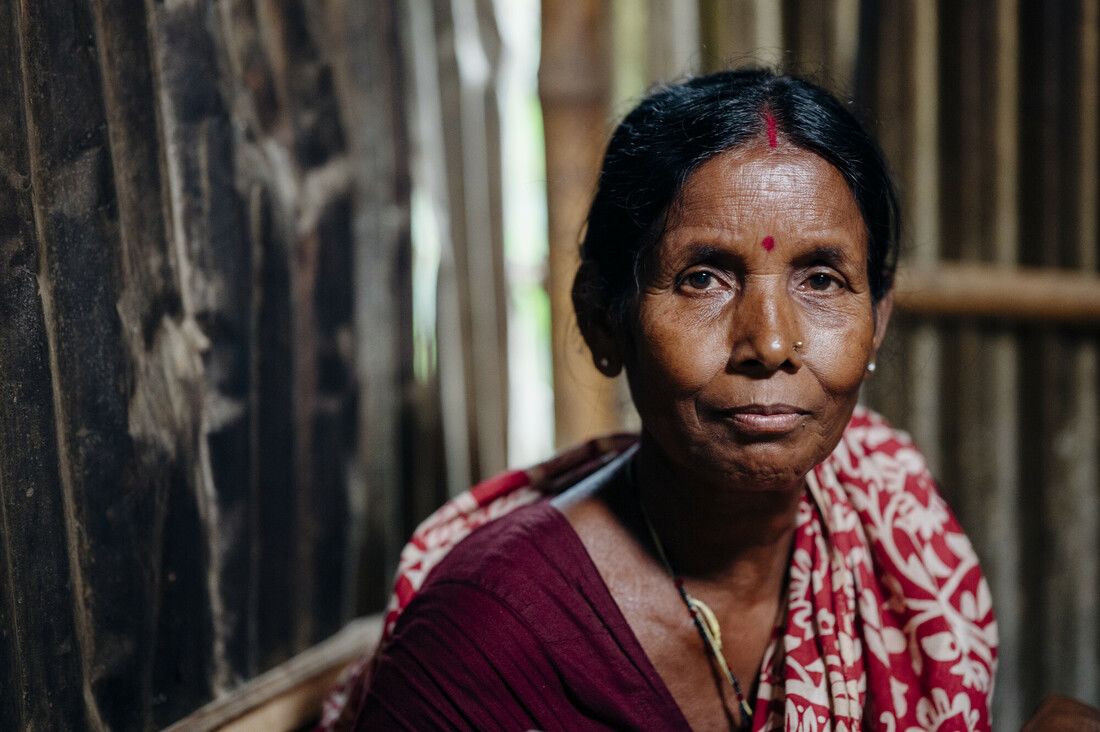Stories from the tea gardens
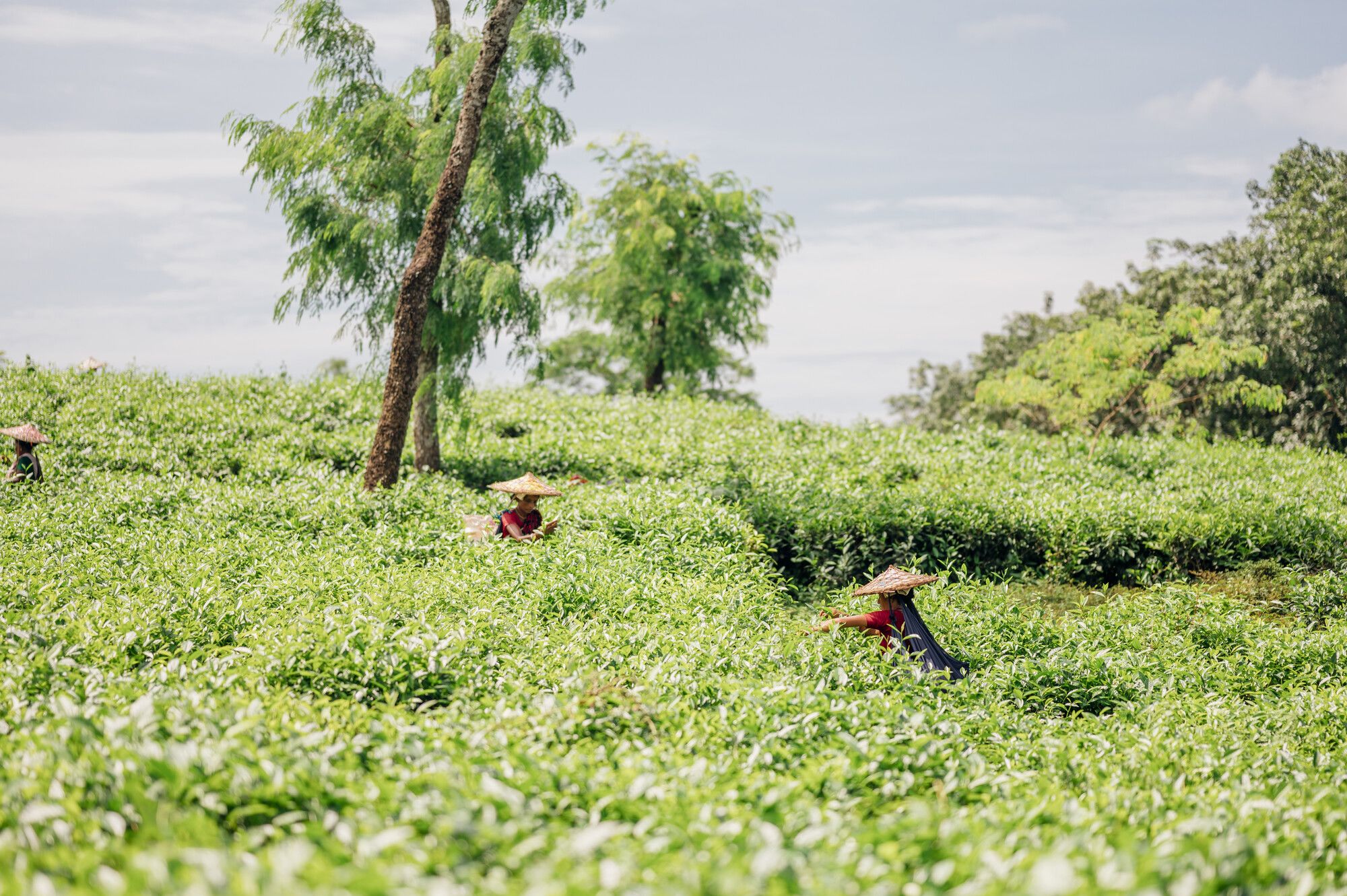
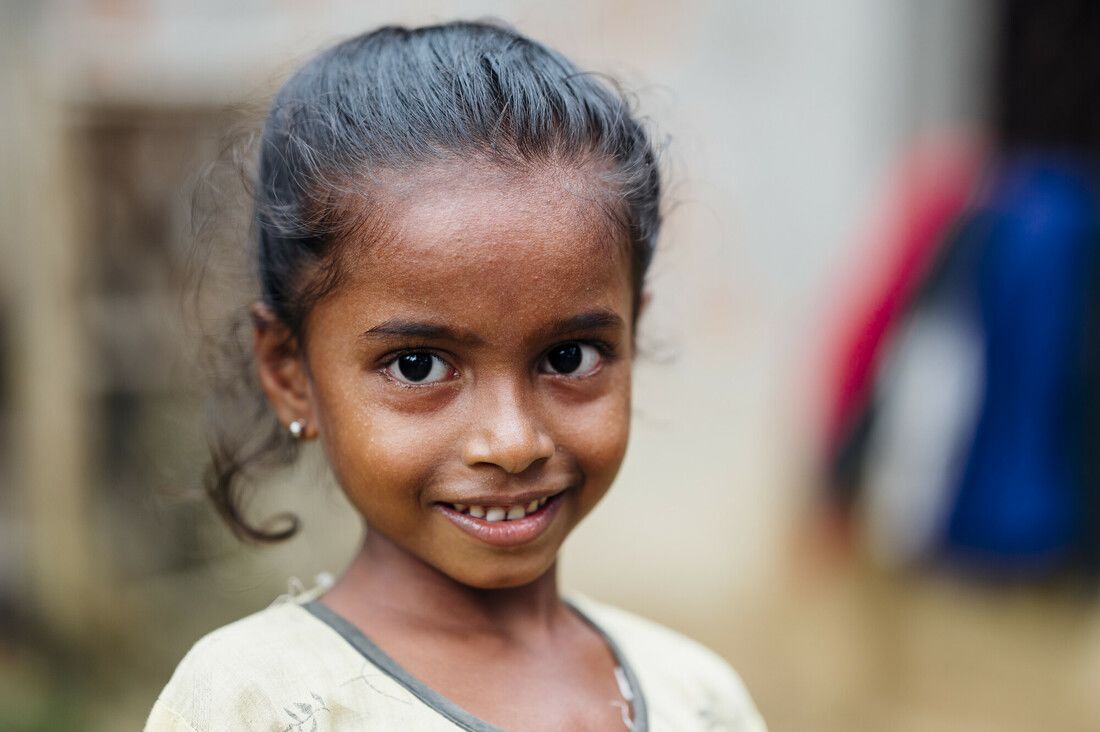
Anju
Five-year-old Anju was diagnosed with leprosy at a skin camp - a pop-up health screening that Leprosy Mission staff run in rural areas. Her family didn’t understand the damage that untreated leprosy could cause. No one else in her family had leprosy and they’d never even heard of it before. But leprosy bacteria had infected her little body and was silently attacking her nerves.
The first signs were discoloured skin patches on her arms. If she hadn’t been given Multidrug therapy, leprosy would have damaged larger nerves and could have left her permanently disabled.
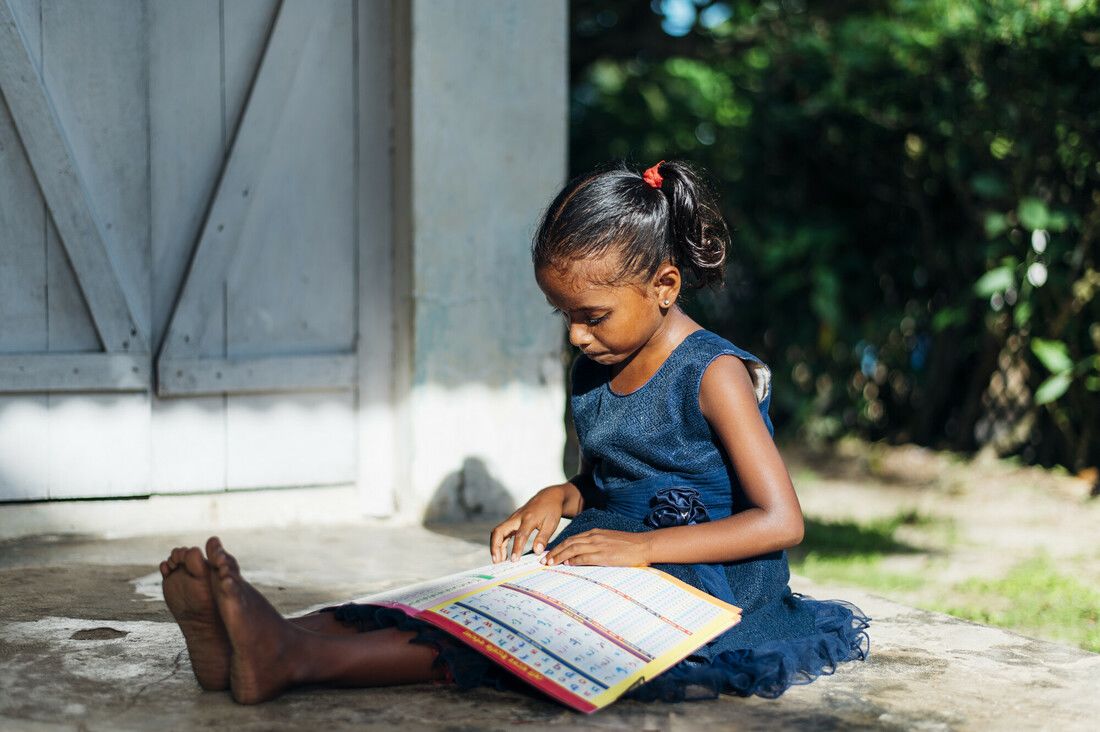
Anju is the youngest child in her family and her parents have big dreams for her future. While her favourite things now are drawing, running with her friends, and playing ‘cooking’ with her older sister, Anju hopes to one day become a doctor. Her biggest desire is to help other people.
Anju’s mother shudders when she thinks about the damage leprosy could have done. What would have happened to her baby girl? How would the family have cared for her if she had become disabled? What would happen to her dreams?
She is so thankful that Anju was diagnosed: “If we had missed the skin camp, we would have needed to find other doctors to help her and may have needed to spend lots of money. The disease wouldn't have been diagnosed and she wouldn't be able to get better.”
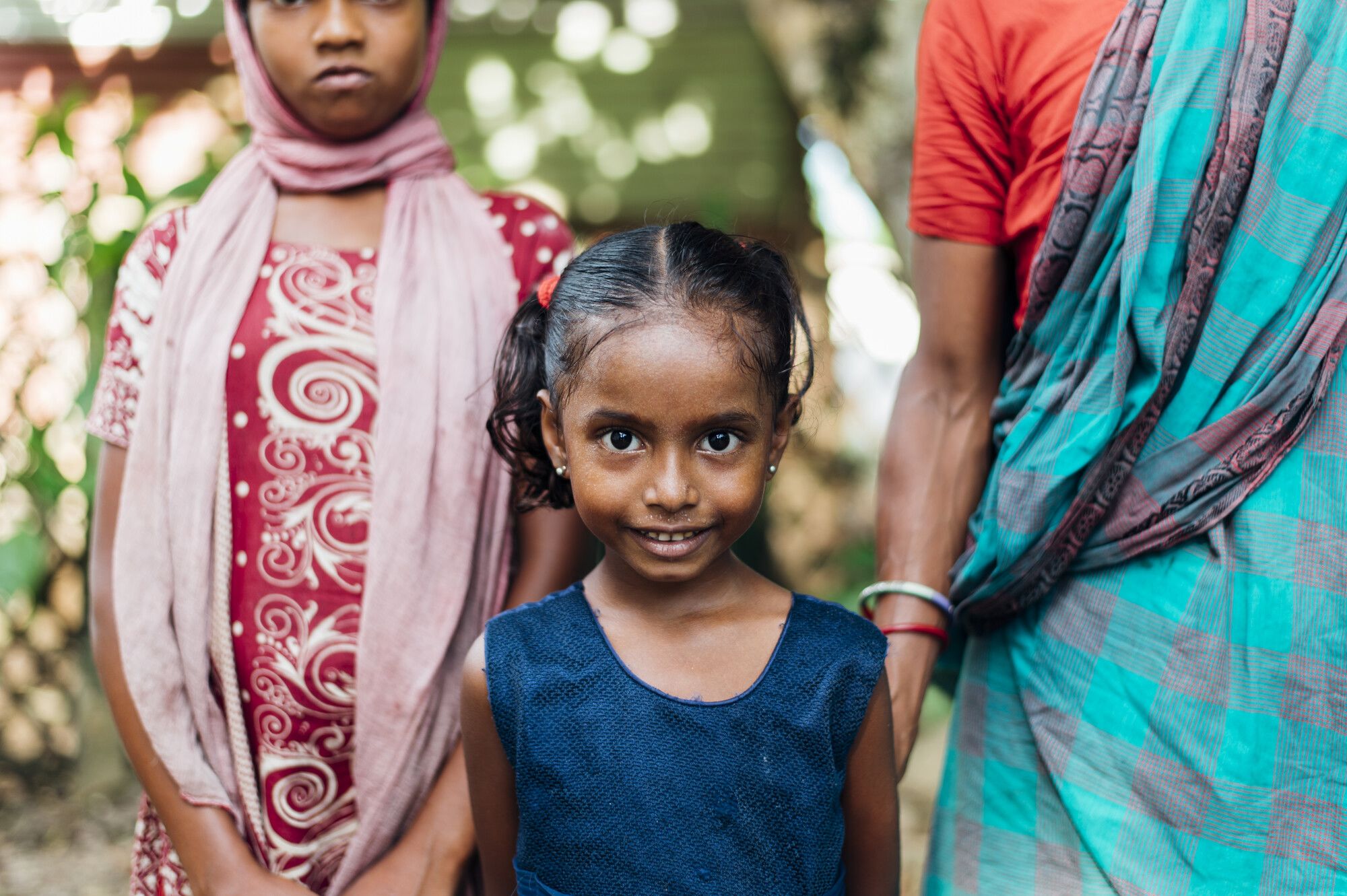
“If Anju had become disabled, she would have been dependent on us. Her dream is to become a doctor. Leprosy would have destroyed this dream. All I want for her future is for her to be healthy and happy.”
A gift from you of £14 could pay for a screening session at a school that will find new cases of leprosy among children like Anju. Your gift will make sure they get the cure as quickly as possible.
As the fading sun sets over the beautiful green hillside, 30-year-old Protap climbs down from his tractor to unload the trailer of tea leaves and finish his day’s work. But as he tries to carry the first heavy tray, he can no longer grip the handle. Over a few months, he has noticed his fingers becoming stiff and bending in towards his palms. He knows something is wrong.
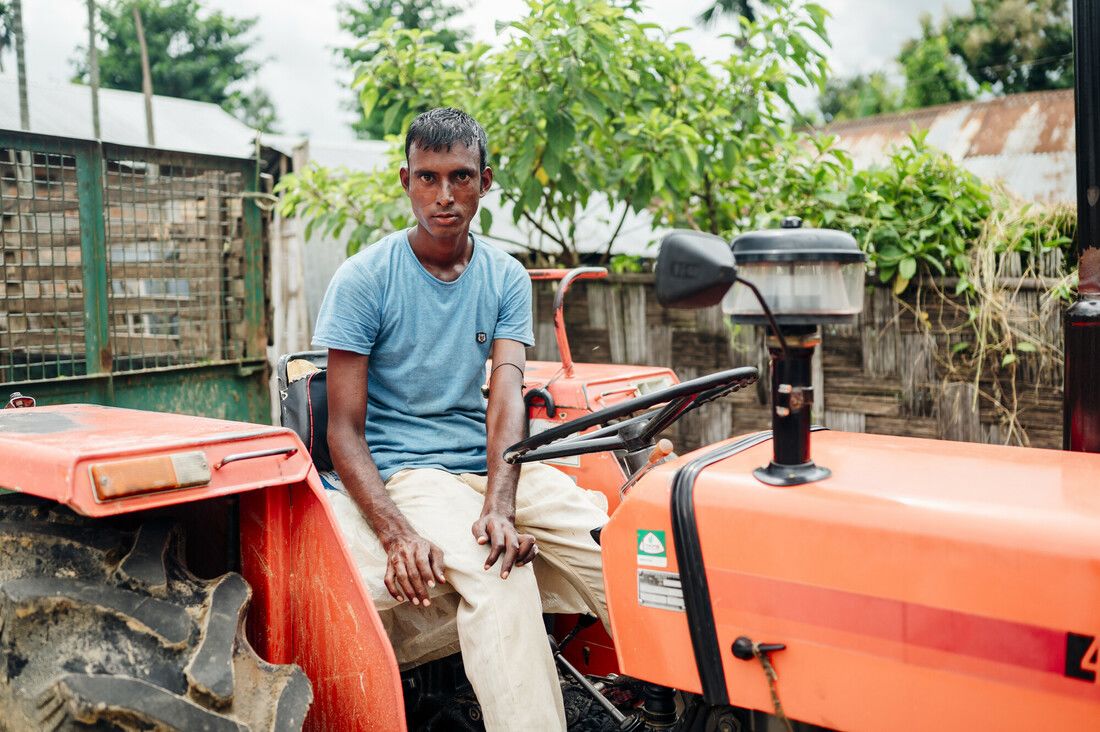
For many years, Protap has worked in the tea garden to support his family since his mother passed away. As an employee of the estate, Protap was given a house for his family to live in, as well as his daily income for driving a tractor.
After working long, tiring days, Protap’s highlight has always been returning to his wife. But nine months ago, instead of seeing her smiling from their courtyard, a Leprosy Mission health worker was there to meet him.
They were going door-to-door in the community, checking people for signs of leprosy. Discoloured patches on Protap’s arms and clawing in his fingers told them what they needed to know. Protap had leprosy.
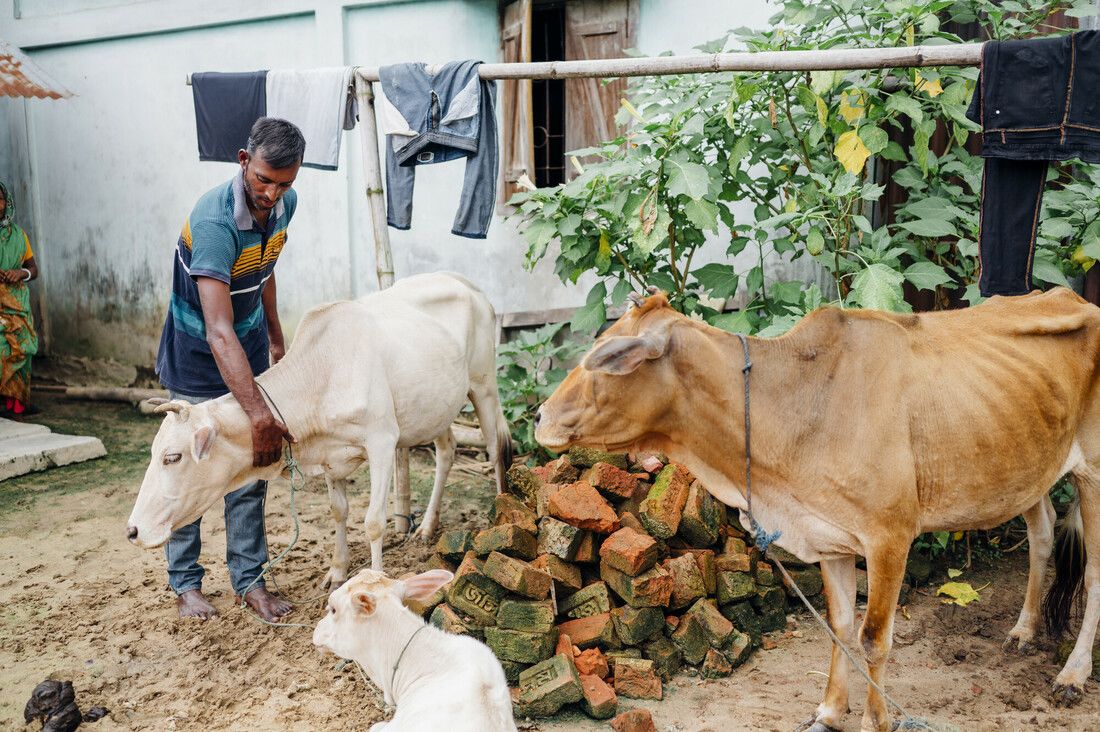
Protap was given Multidrug therapy to cure him of leprosy but the nerves in his hand were already damaged. He had to give up his job driving the tractor; it was no longer safe.
Today, leprosy has reduced Protap’s world to a single room. While his wife and wider family work, he sits at home. The impact of leprosy means he is struggling with depression.
Protap and his wife would love to have children, but now he is uncertain about his future. He worries that he would not be able to provide for a child. More than anything, he would love to go back to driving his tractor and working like he used to.
“It would be wonderful to drive the tractor again. I wish I could use my hand.”
A gift of £120 could pay for life-changing reconstructive surgery for someone like Protap, repairing damage to hands and restoring mobility and hope for the future.
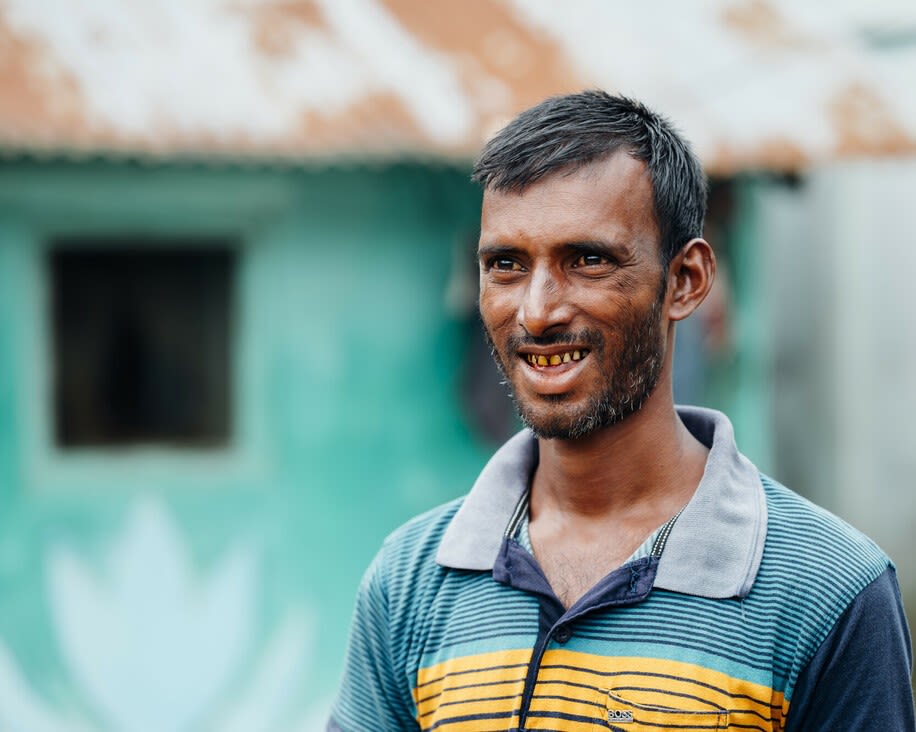
Dalamar
50-year-old Dalamar waited in line at the skin camp, trying not to let fear get the better of her. It was hard not to worry about the discoloured patches of skin she’d noticed as she was bathing, but she knew she had to be strong for her family.
Her husband had recently broken his hip, and her two sons only brought home small wages from working in a shop and on a construction site. Dalamar earned more money than her husband and two sons combined. It was her income that supported the whole family and kept her three grandchildren alive.
Dalamar is a tea picker and she has always been motivated to do the best job possible, aiming to pick three times her daily quota. She was paid for the weight of tea leaves she picked each day and more tea leaves meant more money for her family.
When Dalamar reached the front of the queue, her heart was pounding. What would happen to her family if she could no longer work? Her mind raced with fear as the doctor checked her skin and told her she had leprosy.
But, as he gave her the antibiotics that cure leprosy, joy flooded through her body. The sick feeling in her stomach settled. The air felt lighter. She knew she could continue to be the provider for her family.
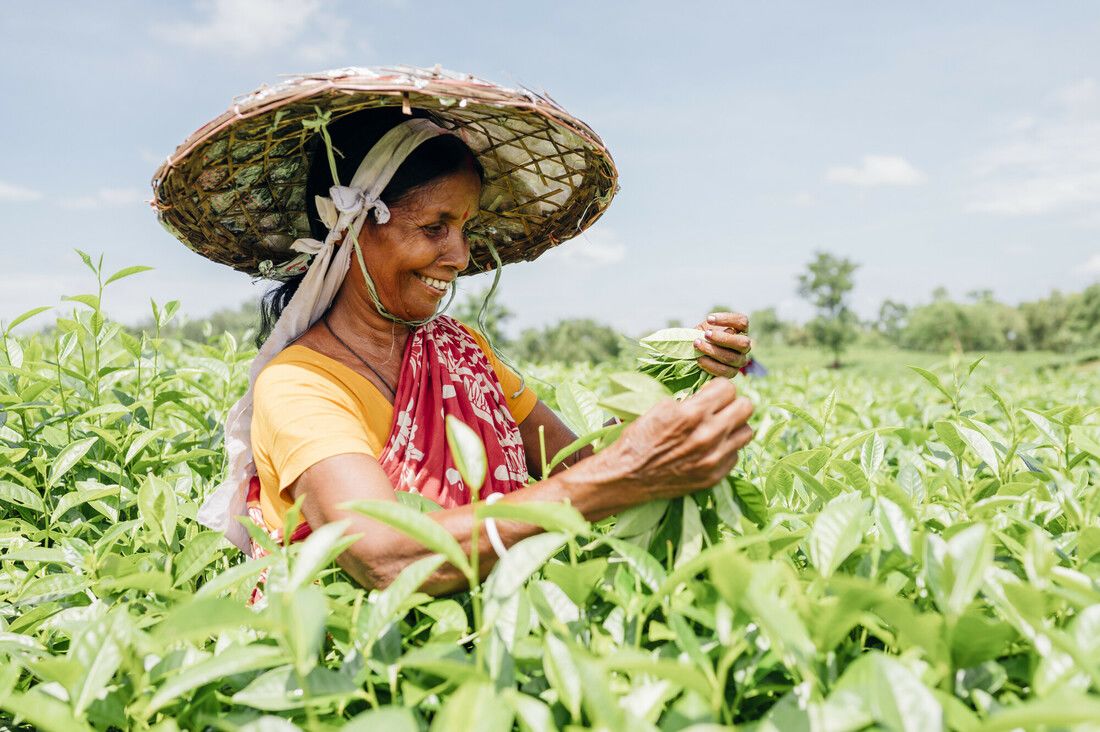
Dalamar’s hopes for her family are the same as any mother’s: “My dreams are that my children may have good lives. That they may be happy and have good relationships with other people. That’s the only thing that I want – their betterment," she told us.
"For my grandchildren, I dream that they will get educated and have good jobs so that they can live a better quality of life.”
Dalamar was diagnosed thanks to the vital outreach work of skin camps run by health workers in the tea gardens. A gift from you of £111 could fund one skin camp, making sure as many people as possible are diagnosed and cured before leprosy causes permanent disability.
